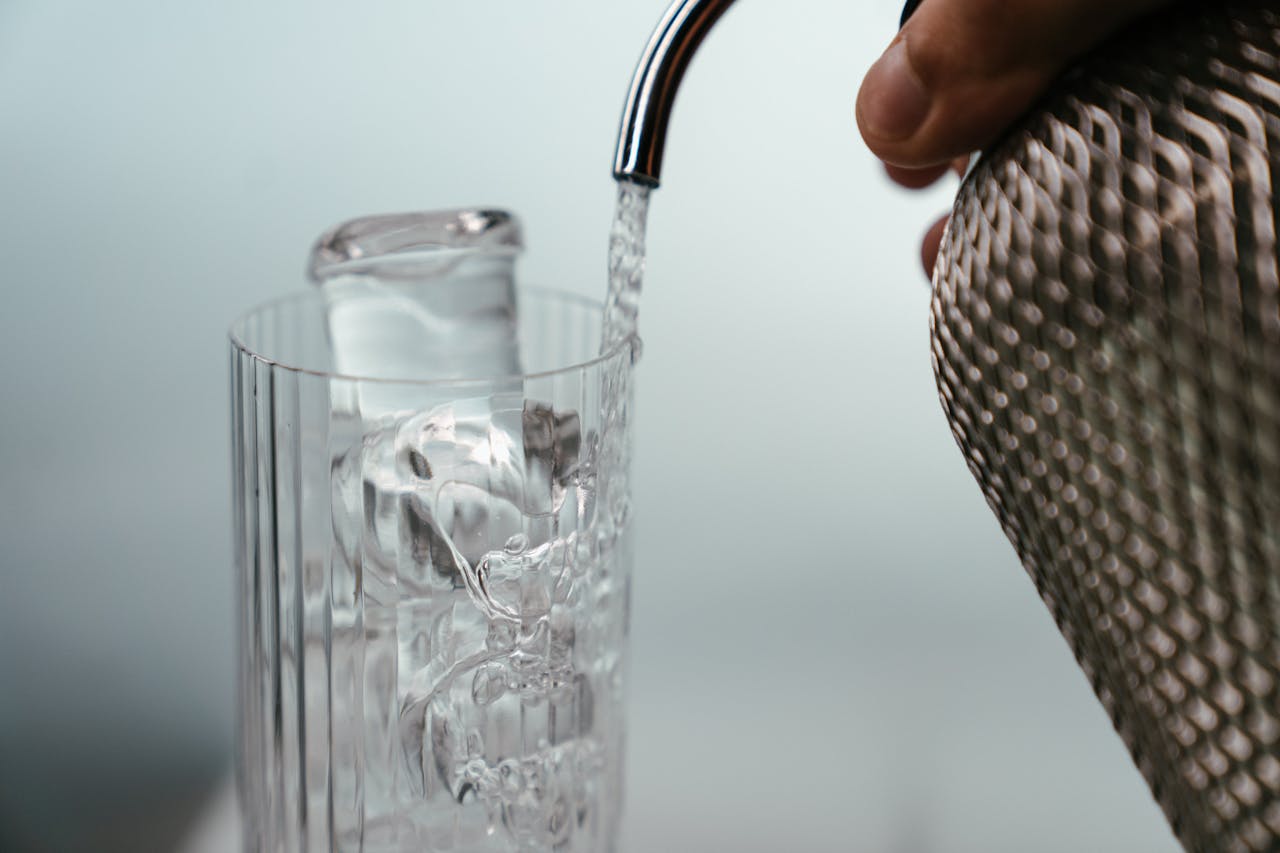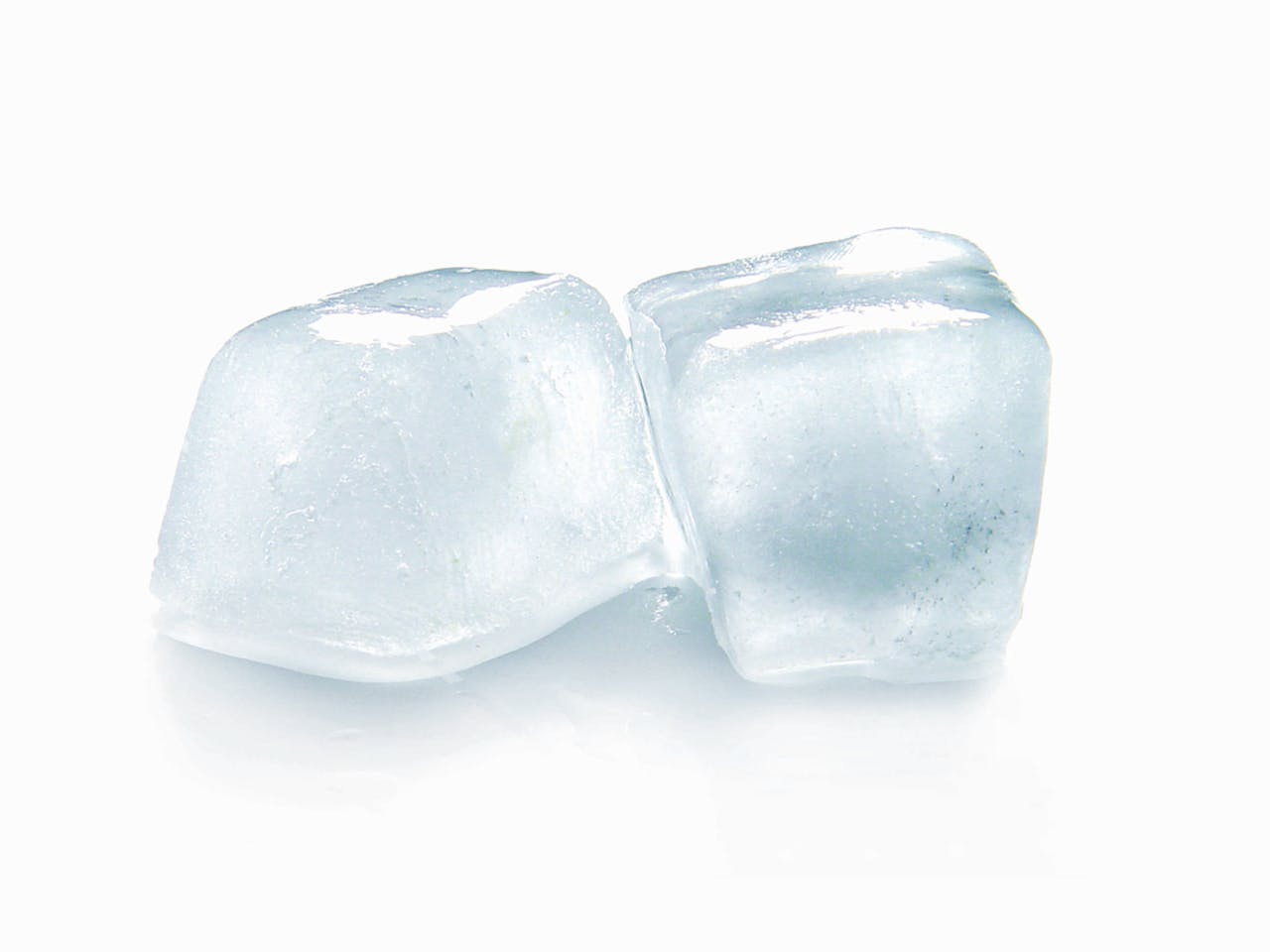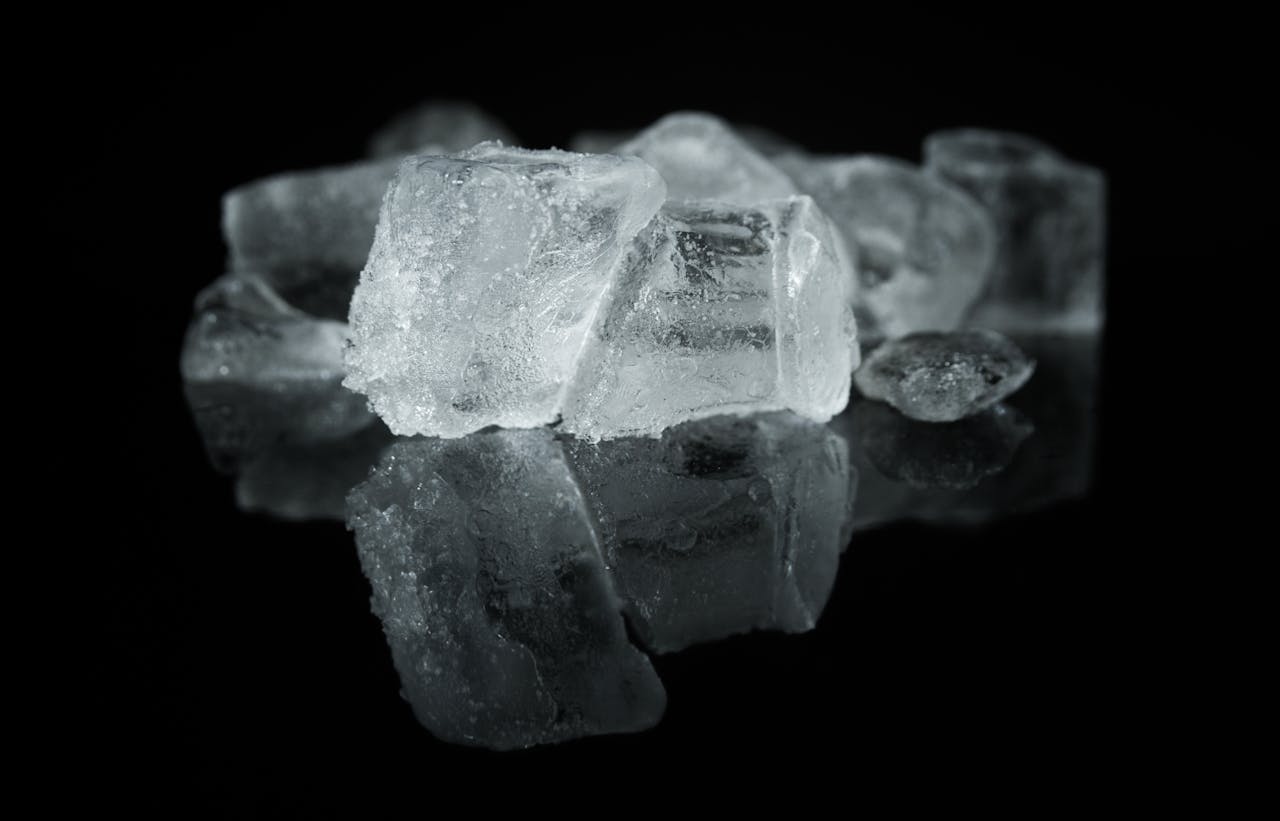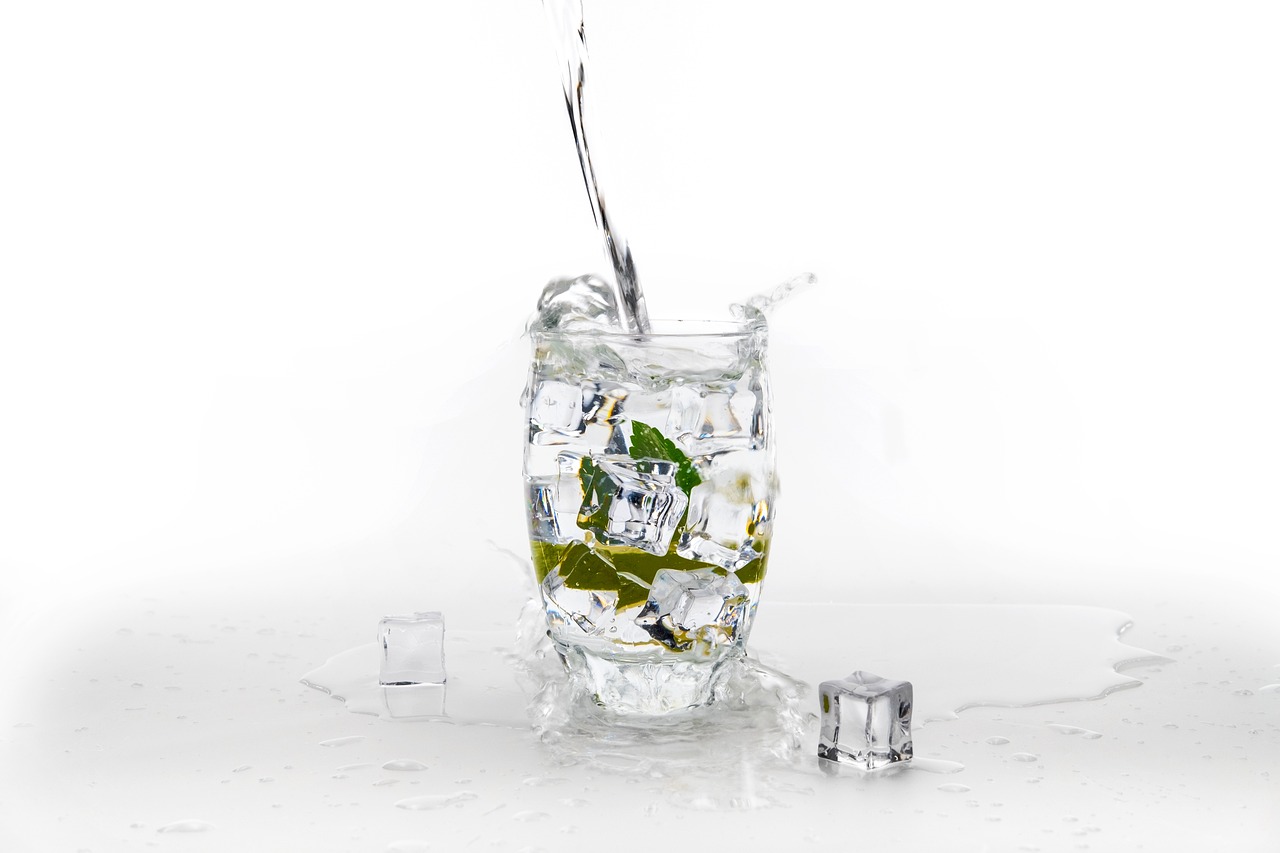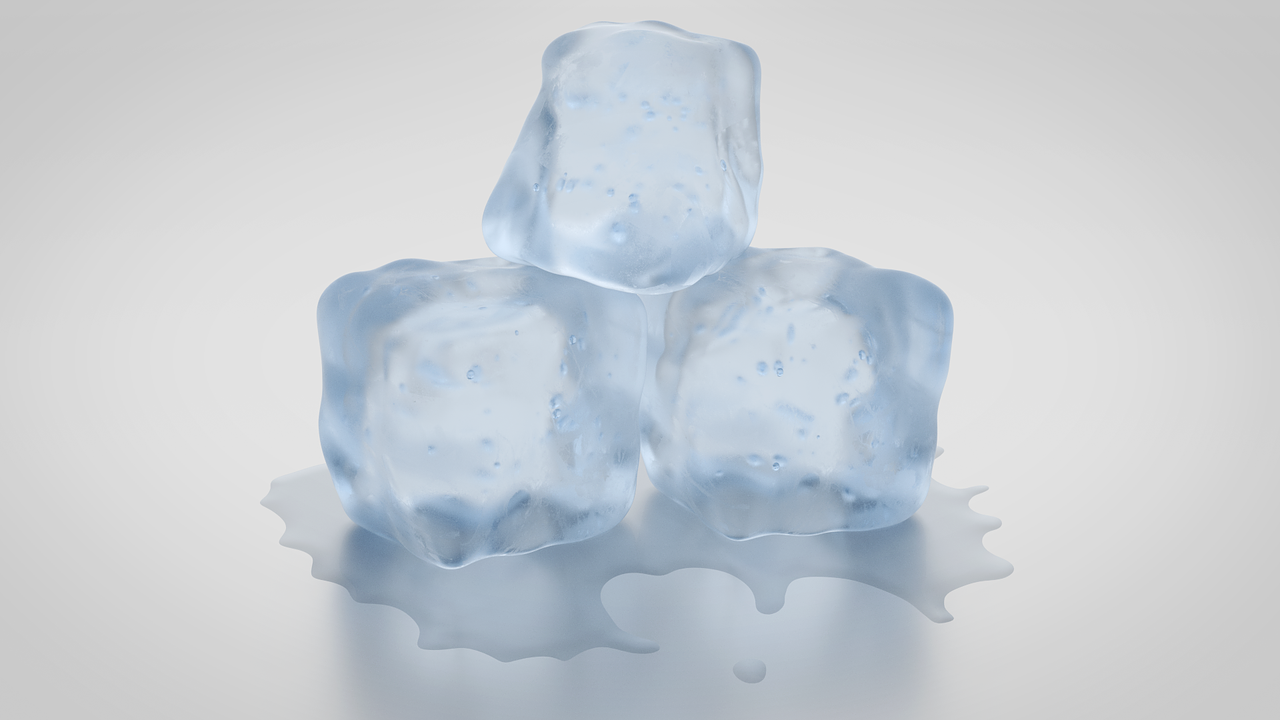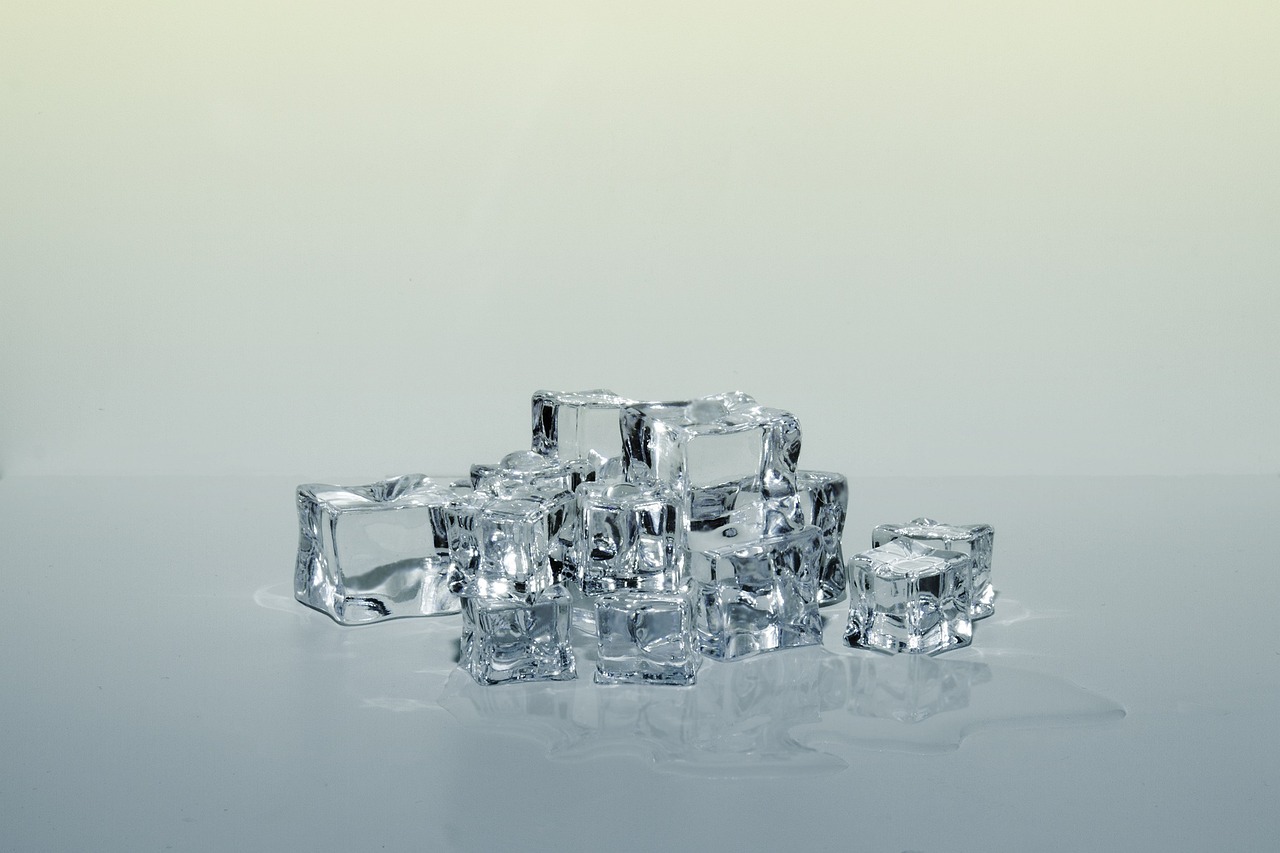Ever wondered how to keep your dishwasher running smoothly? Regular maintenance is the key! By following proper maintenance tips and using dishwasher cleaner, you can extend the lifespan of your appliances and save yourself from costly repairs. An expert tip is to regularly clean your dishwasher. A well-maintained dishwasher, with regular thorough cleaning and proper maintenance tips, not only ensures sparkling clean dishes but also conserves energy and water. An expert tip for keeping your appliances in top shape. Neglecting to regularly clean your dishwasher, including emptying it and using bleach, could lead to unpleasant odors, clogged filters, or even mold growth. Follow this expert tip to ensure a fresh and well-maintained kitchen appliance.
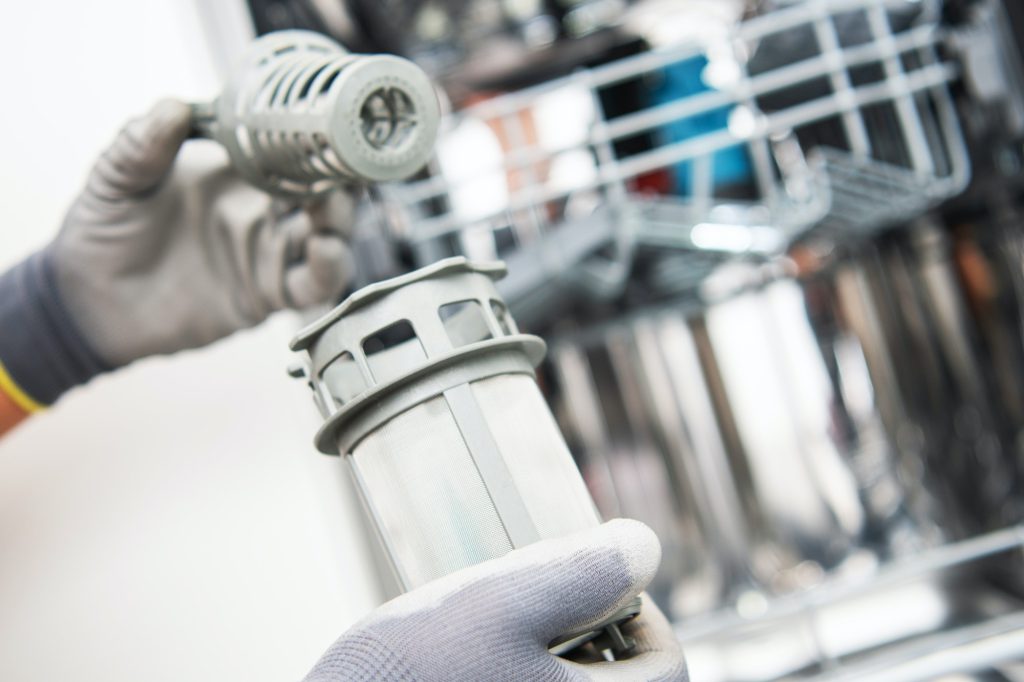
Understanding Dishwasher Maintenance
Daily Practices
Maintaining a clean and efficient dishwasher involves simple daily practices. An expert tip to keep your dishwasher in top shape is to regularly clean the bottom of the dishwasher. In this article, we will provide you with a step-by-step guide on how to clean the bottom of your dishwasher effectively. By following this expert tip, you can ensure that no food particles or debris are left behind, resulting in a sparkling clean dishwasher. So grab a rag and let’s get started! Before loading dishes into the dishwasher, it’s essential to give them a quick rinse to remove excess food particles. This dishwasher cleaning expert tip ensures that the bottom of the machine stays clean and efficient. This article discusses how to prevent clogs in the dishwasher and ensure that dishes come out sparkling clean after each cycle. Clearing food debris from the filter after every use is crucial for preventing blockages and maintaining optimal performance. This article emphasizes the importance of clearing food debris from the filter after every use.
Wiping down both the interior and exterior surfaces of the dishwasher on a daily basis helps prevent grime buildup over time. This simple practice not only keeps your appliance looking clean but also ensures that it continues to operate efficiently.
- Quick rinsing of dishes before loading
- Clearing food debris from the filter
- Wiping down interior and exterior surfaces
Weekly Check-Ups
Performing weekly check-ups on your dishwasher can help identify potential issues early on. Inspecting and cleaning the spinning arms is important to ensure that water can freely flow through them during cycles, preventing any potential clogs or blockages.
Checking for loose gaskets or seals is another critical step in weekly maintenance as these components are vital for keeping water where it should be – inside the dishwasher! Tightening any loose parts will help prevent leaks and maintain optimal performance.
Running an empty cycle with vinegar once a week serves two purposes: removing odors from within the machine and eliminating any stains that may have built up over time. Vinegar acts as a natural disinfectant, leaving your dishwasher smelling fresh without using harsh chemicals.
- Inspecting/cleaning spinning arms
- Checking/tightening loose gaskets/seals
- Running empty cycle with vinegar
Monthly Deep Cleaning
On a monthly basis, deep cleaning your dishwasher becomes necessary to keep it running smoothly. Removing and thoroughly cleaning the filter is crucial in preventing clogs caused by accumulated debris over time.
Using a specialized cleaner designed for dishwashers helps eliminate grease and grime buildup throughout various components of the machine. It’s essential to follow manufacturer recommendations when selecting cleaners suitable for your specific model.
Scrubbing hard-to-reach areas such as corners and crevices ensures that no residue or buildup remains hidden within these spaces, contributing to overall cleanliness inside your appliance.
- Removing/cleaning filters thoroughly
- Using dishwasher-safe cleaner
- Scrubbing hard-to-reach areas
Longevity Tips
To extend its lifespan, avoid overloading your dishwasher, which can strain its components leading to premature wear or damage. Using high-quality detergent along with rinse aid contributes significantly to optimal performance while protecting delicate parts within the appliance.
Essential Items for Dishwasher Cleaning
Cleaning Agents
Selecting the right cleaning agents is crucial. Using non-dishwasher-safe products can harm the machine, leading to potential damage and reduced efficiency. Opt for mild, dishwasher-safe detergents to avoid any adverse effects on your appliance. For a more eco-friendly approach, consider using natural alternatives like baking soda and vinegar. These options are not only gentle on the environment but also effective in removing buildup and odors from your dishwasher.
Understanding which cleaning agents are suitable for different parts of the dishwasher is essential. For instance, while baking soda works wonders at deodorizing and loosening grime inside the machine, vinegar is excellent at tackling hard water stains and mineral deposits on surfaces. By utilizing these natural ingredients strategically, you can ensure that every nook and cranny of your dishwasher remains spotless without causing any harm.
Tools
Equipping yourself with appropriate tools significantly eases the process of maintaining a clean dishwasher. A soft-bristle brush or toothbrush serves as an ideal tool for reaching small parts and crevices that are challenging to clean with regular cloths or sponges. When dealing with delicate surfaces such as stainless steel interiors or racks, a microfiber cloth or sponge becomes indispensable in wiping down these areas without leaving scratches behind.
Investing in a specialized cleaner designed specifically for dishwashers can provide deep-cleaning benefits that ordinary detergents might not deliver effectively. These cleaners are formulated to dissolve tough grease, limescale buildup, and food residues within the internal mechanisms of your appliance without causing any harm.
Proper Loading Techniques
Maximizing Space
Arranging dishes strategically is key. Start by placing larger items like pots and pans at the back or sides of the lower rack to avoid blocking the water spray. Utilize adjustable racks and shelves if available to accommodate taller items such as glasses or stemware. By doing so, you ensure that there’s enough room for water and detergent to reach every item during the cleaning cycle.
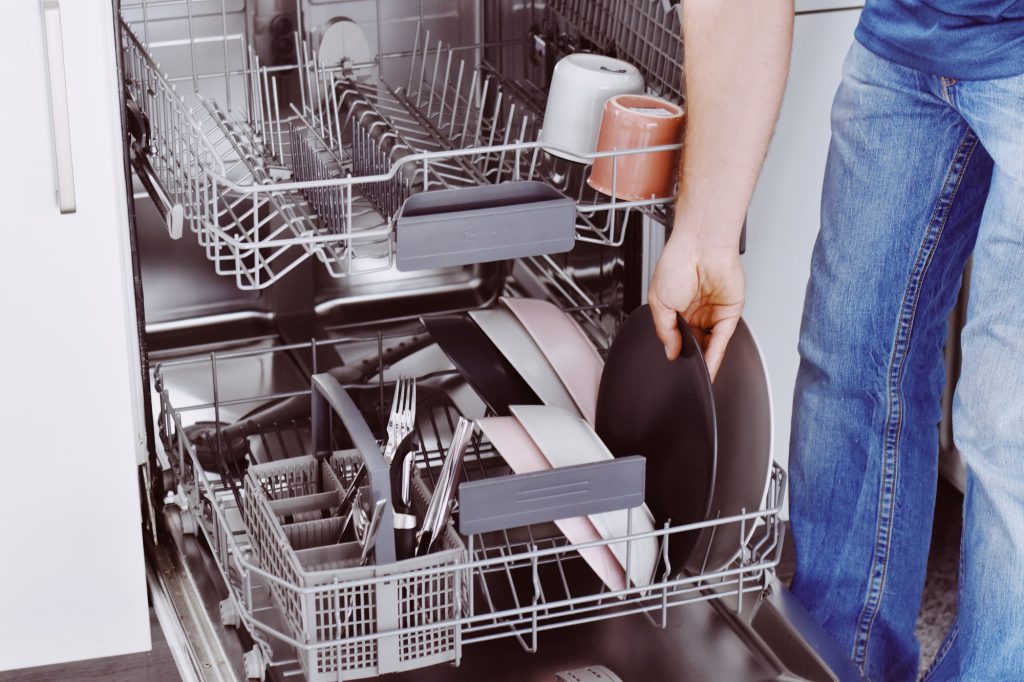
Stacking items properly can also help maximize space while ensuring proper water circulation. Avoid stacking bowls with each other or plates with a concave shape facing downward, as this can prevent effective cleaning due to blocked access by spinning arms. Instead, position them at an angle or separate them throughout the dishwasher’s racks for optimal results.
For instance:
- Placing large cutting boards along the sides of the bottom rack instead of in front of smaller plates.
- Positioning wine glasses on the top rack between tines rather than overloading a single row.
Preventing Damage
To prevent damage to your dishwasher and its contents, it’s crucial to be mindful of what goes inside. Sharp objects such as knives should be placed handle down in order to avoid any accidents when unloading dishes later on. Refrain from loading utensils haphazardly; instead, group similar items together in their designated compartments within the utensil basket.
When dealing with stuck-on food residues, take care not to use excessive force when scraping them off before loading into your dishwasher. Doing so can prevent damaging gaskets or seals around doors which could lead to leaks during cycles.
Furthermore:
- Ensuring that plastic containers are securely positioned away from heating elements.
- Checking for any protruding parts on cookware that might obstruct sprayer arms’ movement.
Caring for Dishwasher Components
Filter Maintenance
Regularly removing and cleaning the filter is crucial to prevent clogs and maintain your dishwasher’s efficiency. Over time, food particles and debris can accumulate in the filter, hindering proper drainage. By emptying the dishwasher of dishes and utensils, you can easily access the filter for cleaning.
Check for any damage or wear on the filter during each cleaning session. If you notice any signs of deterioration, consider replacing it promptly to avoid potential issues with water drainage or filtration. It’s also essential to understand the specific maintenance instructions provided in your dishwasher model’s manual as different models may have varying requirements for filter care.
- Regularly remove and clean the filter
- Check for damage or wear
- Follow specific maintenance instructions for your dishwasher model
Spinning Arms
Inspecting spinning arms is another vital aspect of maintaining a clean dishwasher. These components are responsible for distributing water throughout the appliance during wash cycles. To ensure optimal performance, it’s important to check them regularly for blockages caused by food particles or mineral deposits.
Using a toothpick or small brush, carefully clean out any debris from the nozzles on the spinning arms. This simple step can help prevent potential issues such as reduced water flow during washing cycles. Make sure that these arms can rotate freely without obstruction so that they can effectively distribute water across all items inside.
- Inspect spinning arms for blockages
- Clean nozzles using a toothpick or small brush
- Ensure spinning arms rotate freely without obstruction
Gaskets and Seals
Regularly cleaning gaskets and seals is essential in preventing mold or mildew growth within your dishwasher door. After each use, take a moment to wipe down these areas with a damp cloth to remove any lingering residue that could promote mold development over time.
When inspecting gaskets and seals, be vigilant about checking for signs of wear or damage such as cracks or tears which might compromise their effectiveness at sealing off water leaks when running a cycle. In case you notice any indications of deterioration, consider replacing them promptly to maintain peak performance from your appliance.
- Regularly clean gaskets and seals
- Check for signs of wear or damage
- Apply silicone lubricant to keep gaskets watertight
By following these tips diligently while caring not only ensures an efficient operation but also prolongs its lifespan significantly.
Addressing Hard Water Challenges
Removing Film
Hard water can leave behind a film or mineral deposits inside your dishwasher, affecting its performance. To tackle this issue, you can run an empty cycle with vinegar. The acidic properties of vinegar help dissolve the mineral deposits and film. Alternatively, using a dishwasher-safe cleaner designed to eliminate film buildup is also effective.
Wiping down the interior surfaces with a damp cloth is another useful method for removing any residue left by hard water. This simple practice helps prevent the accumulation of stubborn mineral deposits and keeps your dishwasher functioning optimally.
Preventing Build-Up
To prevent build-up caused by hard water in your dishwasher, it’s essential to scrape off excess food from dishes before loading them into the machine. Food particles can combine with minerals in hard water, leading to unsightly build-up on dishes and within the appliance itself.
It’s crucial to avoid using too much detergent when running your dishwasher as excessive detergent usage can contribute to build-up over time. Using just enough detergent ensures that there’s no leftover residue contributing to hard water stains and build-up.
Regularly cleaning hard-to-reach areas where build-up tends to accumulate is also key in preventing issues related to hard water deposits. Pay special attention to areas like the spray arms and filter system since these are common spots for mineral deposit accumulation.

Enhancing Dishwasher Performance
Energy Efficiency
Maximizing energy efficiency is crucial. Running full loads whenever possible helps conserve energy and water. Utilizing the energy-saving modes or options provided by your dishwasher model can significantly reduce power consumption.
For optimal performance, periodic cleaning of the dishwasher’s heating element is essential. This ensures efficient heat distribution during the wash cycles, leading to cleaner dishes while saving on electricity usage.
Regularly maintaining these aspects not only enhances the appliance’s performance but also contributes to reducing overall energy consumption in your home.
Drain Cleanliness
Maintaining a clean drain is vital for ensuring the smooth operation of your dishwasher. Checking and clearing any debris from the dishwasher drain regularly prevents potential clogs that can lead to drainage issues.
Running hot water through the drain periodically helps flush out any residual food particles or grease that may have accumulated over time. This simple practice aids in preventing blockages and maintaining proper drainage.
Using a dishwasher-safe drain cleaner recommended by the manufacturer further assists in keeping the drain free from buildup, ensuring that wastewater flows out efficiently after each cycle.
Combatting Mildew and Odor
Regular Wiping
To keep your dishwasher in top condition, it’s crucial to regularly wipe down the control panel and buttons. This prevents dirt or grime from building up, which can affect their functionality over time. Don’t forget to clean the door edges and hinges to ensure smooth operation when opening and closing the dishwasher. By regularly wiping down the exterior surfaces of your dishwasher, you not only maintain a clean and polished look but also prevent any buildup that could lead to odors.
Regular maintenance through wiping down these areas helps prevent unwanted odors from developing inside your appliance. It ensures that every part of your dishwasher remains free from debris or residue that can contribute to unpleasant smells.
Mildew Removal
Mildew is a common issue in dishwashers due to its moist environment. To combat this problem, create a mixture of bleach and water for cleaning gaskets or seals where mildew tends to accumulate. Running a cycle with a dishwasher-safe cleaner specifically designed for mildew removal can effectively eliminate any lingering traces of mildew within the appliance.
Proper ventilation in the area surrounding your dishwasher is essential for preventing mildew growth. Ensure that there is adequate airflow around the appliance by allowing space between it and other kitchen fixtures or walls.
Exterior Dishwasher Care
Door Grime
To keep the exterior of your dishwasher in top condition, it’s crucial to tackle door grime regularly. Wipe down the interior of the door frequently to remove any accumulated grime. Pay special attention to the bottom edge of the door where residue can collect over time. Use a non-abrasive cleaner when cleaning to avoid scratching the surface.
For instance:
- A simple solution of warm water and mild dish soap can work wonders on removing grime from the dishwasher door.
- Consider using a soft-bristled brush or an old toothbrush for hard-to-reach areas around the edges.
When addressing this issue, remember that regular maintenance not only keeps your appliance looking great but also prevents any potential build-up that could affect its performance.
Polishing Surfaces
In addition to keeping your dishwasher clean, maintaining its shine is equally important.Use a specialized stainless steel cleaner or a vinegar solution for effective results. For plastic surfaces, apply a small amount of baby oil on a cloth and gently rub it onto the exterior to restore shine without causing damage.
Examples include:
- Using white vinegar as an alternative natural cleaning agent for stainless steel surfaces.
- Applying baby oil sparingly and buffing with a microfiber cloth until achieving desired shine on plastic parts.
Remember that abrasive cleaners should be avoided at all costs since they can cause irreversible damage or dullness to your dishwasher’s exterior finish.
Advanced Cleaning Techniques
Unclogging Drains
A plunger or plumber’s snake can be used for stubborn clogs. To start, remove and clean the drain cover to eliminate debris accumulation. After that, run hot water through the drain to ensure proper flow.
For instance, if you notice your dishwasher is draining slowly or not at all, there might be a clog in the drain. Using a plunger or plumber’s snake can help dislodge any trapped debris. Once unclogged, running hot water through the drain ensures smooth drainage during cycles.
Acidic Solutions
Acidic solutions, such as lemon juice or vinegar, should be avoided for cleaning certain dishwasher parts unless specified by the manufacturer’s guidelines. It is essential to check these guidelines before using acidic cleaners on specific components of your dishwasher.
For example, while vinegar is commonly used for cleaning appliances due to its natural disinfectant properties and ability to remove hard water stains, it may cause damage if used on certain dishwasher parts. Opting for milder alternatives when unsure about potential damage caused by acidity helps prevent harm to sensitive components.
Conclusion
You’ve now got the inside scoop on keeping your dishwasher in top-notch condition. By following these tips, you can ensure that your dishwasher runs smoothly and efficiently, saving you time and money in the long run. Remember, a well-maintained dishwasher not only gives you sparkling clean dishes but also contributes to a more hygienic kitchen environment. Don’t overlook the significance of regular maintenance – it’s like giving your dishwasher a spa day!
So, roll up your sleeves and give your dishwasher some TLC. Incorporate these maintenance practices into your routine, and you’ll be amazed at the difference it makes. Your future self will thank you for it! Now go on, show that dishwasher some love.
Ready to elevate the performance and extend the lifespan of your dishwasher? Don’t let appliance woes dampen your day! At Zuta Appliance Repair, we’re committed to helping you get the most out of your dishwasher with our expert maintenance and repair services. Whether you’re facing a minor issue or in need of a major fix, our team of skilled technicians is here to ensure your dishwasher runs smoothly and efficiently. Don’t wait for small problems to become big headaches – contact Zuta Appliance Repair today and experience the peace of mind that comes with professional, reliable appliance care. Call us now for a consultation and see the difference expert service can make!
Frequently Asked Questions
How often should I clean my dishwasher?
You should clean your dishwasher at least once a month to prevent buildup of food particles, grease, and soap scum that can affect its performance.
What are the essential items for cleaning a dishwasher?
To properly clean your dishwasher, you will need white vinegar, baking soda, a soft brush or toothbrush, and a microfiber cloth.
How do I combat mildew and odor in my dishwasher?
To combat mildew and odor in your dishwasher, run an empty cycle with white vinegar or use specialized cleaning tablets designed to eliminate odors.
What’s the best way to care for exterior of the dishwasher?
For the exterior of your dishwasher, use a gentle cleaner suitable for the surface such as stainless steel polish or mild detergent on a soft cloth.
Are there advanced cleaning techniques for dishwashers?
Advanced cleaning techniques include removing and soaking components like spray arms in vinegar solution to dislodge mineral deposits. Also consider using citric acid-based cleaners for stubborn stains.

